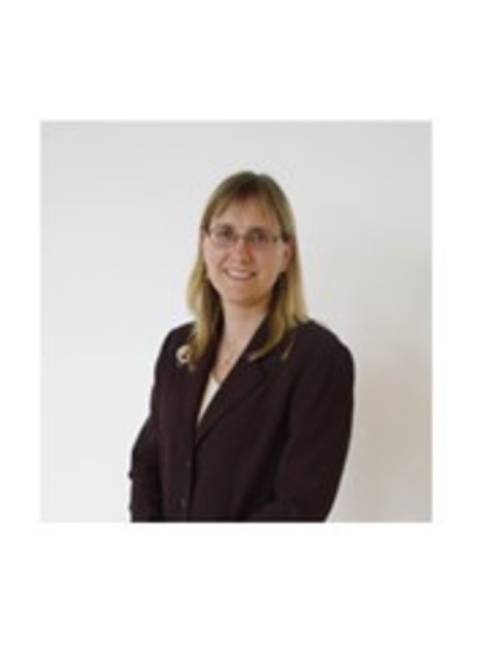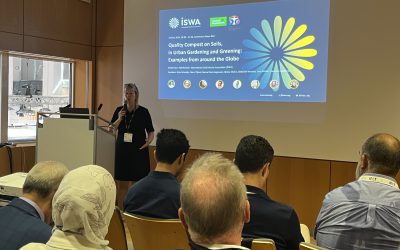
Working Group
Biological Treatment of Waste
The Working Group on Biological Treatment of Waste (WGBTW) addresses the biological treatment of the organic fraction of solid waste through aerobic and anaerobic decomposition processes.
Recent publications
Why join the Biological Treatment of Waste Working Group?
-
Exchange of information and experiences.
-
Potential collaboration on projects. (i.e. research, papers, reports).
-
Networking.
Latest Working Group news
#ISWAatIFAT: Joint Programme with German Environment Agency (UBA)
The International Solid Waste Association (ISWA) along with the German Environment Agency (UBA) organized several...
#ISWAatIFAT: Joint Programme with German Environment Agency (UBA)
The International Solid Waste Association (ISWA) along with the German Environment Agency (UBA) organized several...
Upcoming events

Jane Gilbert
Chair
View profile
Jane Gilbert is an organic resources expert, currently working as an independent consultant for her company, Carbon Clarity. Prior to this Jane managed the former UK Composting Association / Association for Organics Recycling for nine years.

Marco Ricci-Jürgensen
Vice-Chair
View profile
ISWA Expert Biological Treatment of Waste. Currently he works at the Italian Composting Association (C.I.C.), which unites public and private companies, local authorities and others involved in the production of compost, as well as producers of machinery and equipment, producers of fertilisers, research bodies etc..
Contact Coordinator
Aditi Ramola is happy to answer your questions. Fill out the form and she will get back to you as soon as possible.
ISWA SOILS PROJECT
Soils are an endangered ecosystem globally and there is currently great interest in reducing erosion and improving the organic matter content of soils. ISWA’s Soils Project aims at ‘quantifying the benefit of organic matter in compost and digestate when applied to soils’ takes a lead in providing robust evidence base to link waste management and soil enhancement/improvement.
The project reports summarize current knowledge about the fate of recycled carbon in soils, in particular, its sequestration and effects on soils by talking about key areas of the world where threats to soils are severe and could benefit from organic matter inputs.
These reports will also provide a tool for waste planners/managers and farmers, summarising how composting and anaerobic digestion can be used in different country situations, and how quality assured products can be usefully applied to soils.
Soil Project Publications
Soil Project Webinars
Global Assement of Municipal Organic Waste
The first in the webinar series took place on the 6th May, 2020 and presented the first of the 4 reports investigating the benefits of compost and anaerobic digestate on soil. Discussions also focused on policy and the important link between waste management and soil/agriculture. The webinar extended the boundaries of typical waste management discussions by including agriculture and land management. If you missed it, you can watch the recording below.
Benefits of Compost and Anaerobic Digestate
This webinar video concerns the second of 4 reports of a ISWA-funded project investigating the benefits of compost and anaerobic digestate on soil.
Summary Summary of the State of Soils in Five Countries
This is the 3rd webinar in ISWA’s Soils Project Series, recorded on 15th July 2020 and gives a summary of the state of soils in Australia, Brazil, Chile, Italy and United Kingdom. This recording presents the third of 4 reports of the ISWA-funded project investigating the benefits of compost and anaerobic digestate on soil.
Quantifying the Benefits to Soil of Applying Quality Compost
The webinar recording gives a global perspective on quantifying the benefits to soil of applying quality compost. It specifically sets out estimates of both the carbon and plant macro-nutrient values of applying compost to soil.

